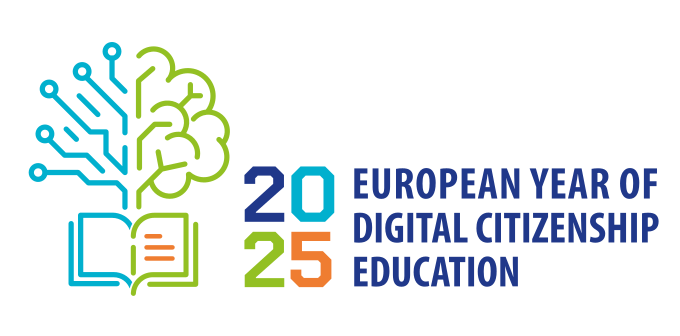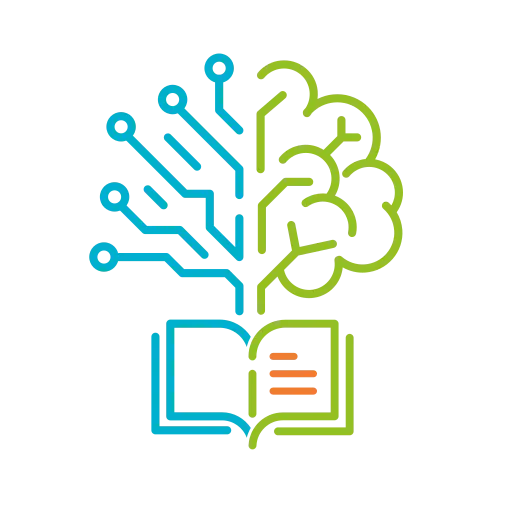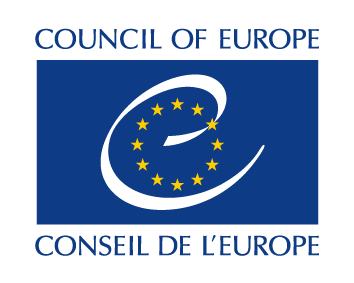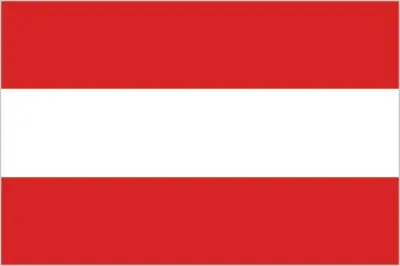Training on DCE to teachers and other professionals:
The government is offering a specific MOOC (massive open online course) on DCE:
Digital Citizenship – Kompetent in Demokratie und Unterricht | iMooX
In the area of initial teacher training for secondary education, the strengthening and expansion of digital competences (especially in ‘digital subject didactics’) was particularly given account in the further development of the curricula. This is based on the DigiKompP. model and the university colleges of teacher education’s own digitalisation strategies. Digital skills have also been anchored in the curricula of teacher training programmes in primary education. These focus on media education and the reflective use of the internet as well as a playful approach to technology and problem solving. Education Innovation Studios have been set up at teacher training colleges in all federal states and at 100 primary schools. Here, students learn how to use robotics and coding in a playful way (e.g. Education Innovation Studio – University of Teacher Education Lower Austria).
On behalf of the Federal Ministry of Education, Science and Research, university colleges of teacher education are offering a further education and training offensive on digitally inclusive subject didactics and digital skills for teachers. Teachers should have the skills of the digi.kompP competence model. They should be able to use digital devices in a didactically meaningful way in their respective subjects and thus support the achievement of (individual) learning objectives and skills. The core content of the training courses is the transformation of learning and teaching under the conditions of digitality.
Translation and dissemination of DCE Recommendation:
The recommendation itself has not been translated into German, but has been made accessible to a broad educational public through various channels and a variety of measures. For example:
1. “polis aktuell” on Digital Citizenship Education (in German language)
Zentrum polis – the Austrian Centre for Citizenship Education in Schools has dedicated the first 2020 edition of its magazine for teachers to the topic of digital citizenship education. In the understanding of polis, digital citizenship education is located at the interface between citizenship education, critical media education and digital literacy. The 12-page booklet introduces the Council of Europe’s Digital Citizenship Education Concept and looks at the links between digital literacy and citizenship education in the Austrian school system (In Austria, basic digital education has been implemented as a compulsory subject in lower secondary education since 2018.).
A separate chapter is devoted to the topic of digital games as a teaching tool for citizenship education.
Short sections on topics such as digital self-defence or media education provide tips for classroom activities.
The booklet is the kick-off for a series of publications dealing with the different aspects of digitalisation in the context of citizenship education and addresses teachers of all grades. It can also be used in teacher trainings.
Free downloads: www.politik-lernen.at/pa_digitalcitizenshipeducation
2. Creation of a page with basic information on DCE: https://www.politik-lernen.at/digitalcitizenshipeducation
3. An article provides an overview of the intentions, planning status (summer 2024) and framework conditions for the European Year of Digital Citizenship Education 2025 [#DCEY2025] https://journals.univie.ac.at/index.php/mp/article/view/8850/9074
Furthermore the recommendation was communicated through official channels to staff responsible for the CPD of teachers and are used in particular to evaluate and review whether submitted courses and programmes are up to standard.



